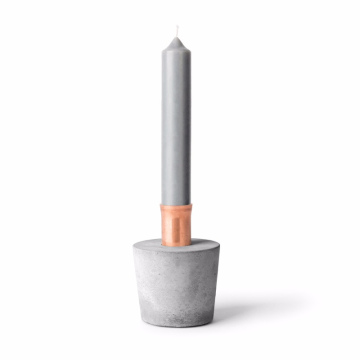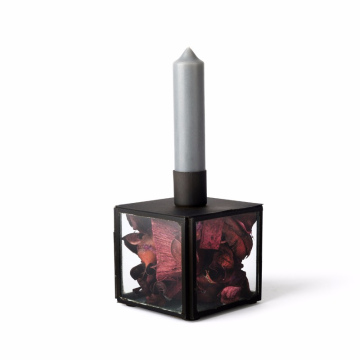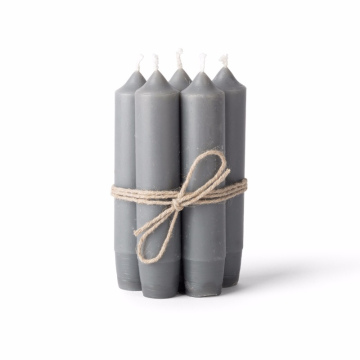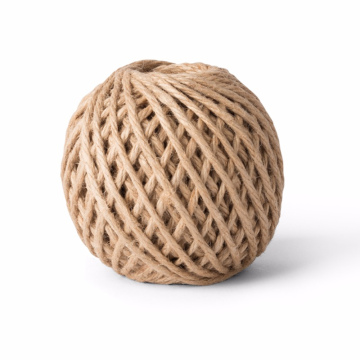The Ultimate Takoyaki Experience
The History and Cultural Significance of Takoyaki
Takoyaki, a popular Japanese street food, has its origins in the thriving city of Osaka, where it was first invented in the 1930s. The dish, which consists of bite-sized balls filled primarily with diced octopus, has become emblematic of Osaka's culinary culture. Its creation is credited to a local vendor named Ikeda, who initially served a dish called 'akashiyaki,' which was based on a similar concept but utilized a different cooking technique and ingredients. Over time, this dish evolved into the takoyaki we recognize today, characterized by a distinct batter and various toppings.
The cultural significance of takoyaki extends beyond mere sustenance; it embodies the spirit of Osaka, often referred to as "the nation's kitchen." Local festivals and markets prominently feature this delicacy, emphasizing its status as a beloved comfort food among locals and visitors alike. As a hallmark of street food, takoyaki is typically prepared in specialized geometric pans, allowing vendors to create perfectly round balls that are crispy on the outside and soft on the inside. This unique textural combination is achieved through various traditional cooking methods that have been passed down through generations.
In contemporary Japan, takoyaki has also experienced various adaptations, leading to regional variations that incorporate local ingredients and flavors. For instance, some preparations may include cheese, kimchi, or other fillings unique to certain areas, illustrating how this culinary staple has continuously evolved while maintaining its foundational elements. Anecdotes from local vendors reveal an enduring passion for the dish, as many take pride in their specific recipes and cooking techniques, which differentiate their offerings from competitors. Overall, takoyaki has not only become a delicious snack but also a cultural icon that reflects the history and diverse gastronomic landscape of Osaka.
From Osaka to Your Plate: The Ultimate Takoyaki Experience
Explore the fascinating history and cultural significance of Takoyaki, a beloved Japanese street food originating from Osaka. Discover its origins, key ingredients, and the art of making this delicious octopus-filled snack. Learn where to find the best Takoyaki in Osaka, from popular eateries to hidden gems. Whether you're a traveler or a culinary enthusiast, our guide provides tips for enjoying Takoyaki like a local, ensuring a rich gastronomic experience that celebrates the spirit of Osaka's culinary heritage.







